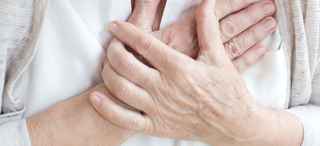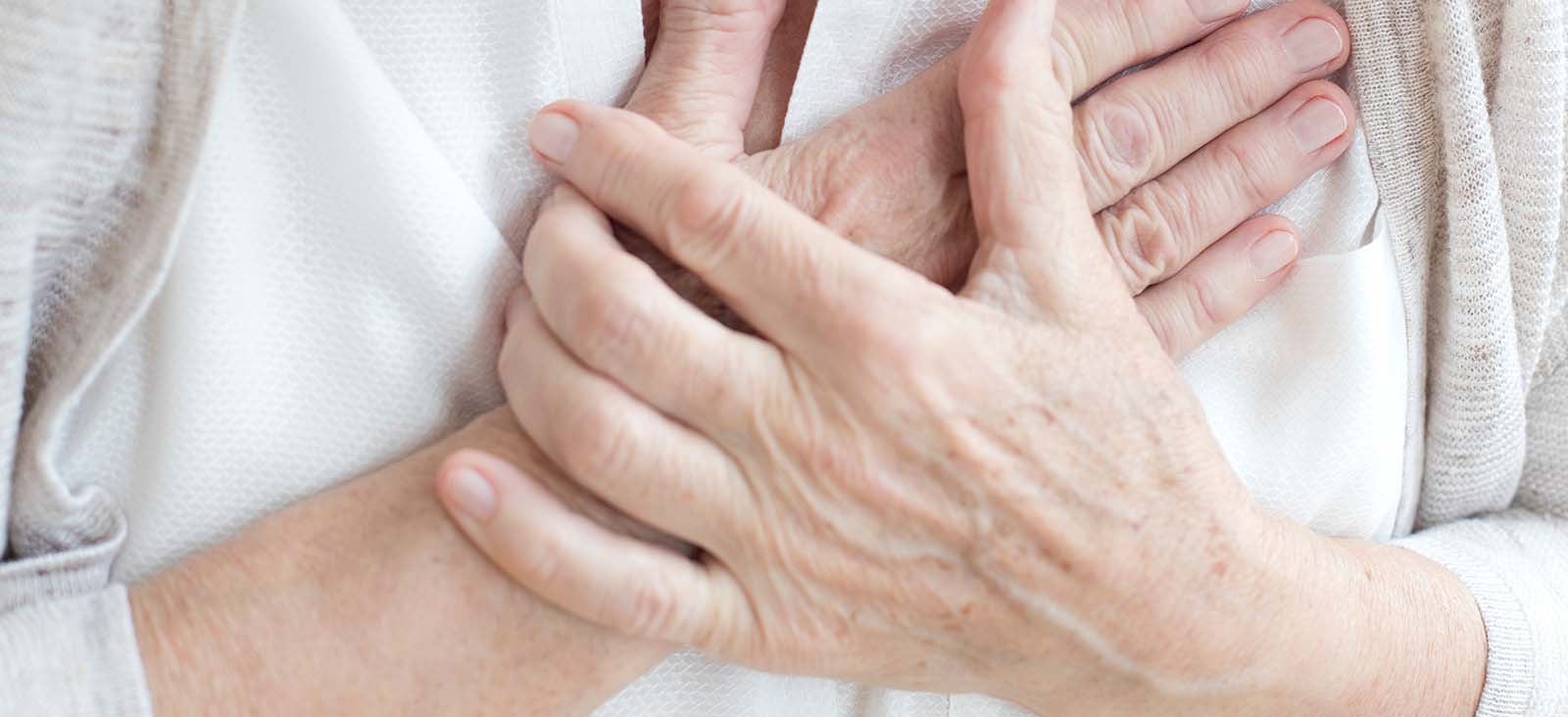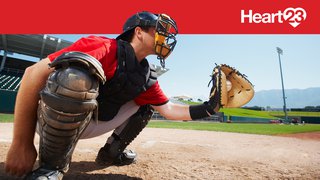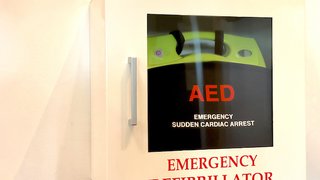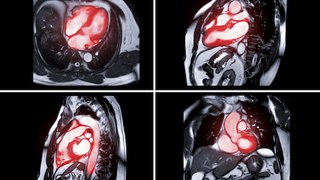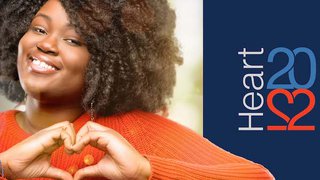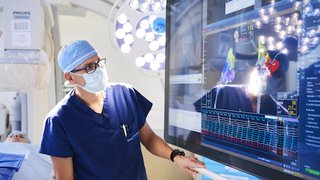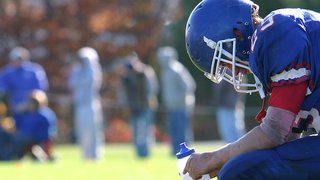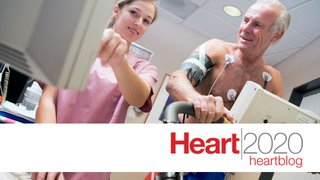Expert Care for a Life-Threatening Emergency
Cardiac arrest is the sudden loss of heart function, breathing, and consciousness. It is a life-threatening medical emergency that requires immediate treatment.
Cardiac arrest – also called sudden cardiac arrest (SCA) – is caused by an interruption of the electrical signals that control the heart’s ability to pump blood. When the heart stops, the lack of blood flow can cause sudden cardiac death (SCD) or brain damage within four to six minutes.
Although cardiac arrest is not the same as a heart attack – in which blood flow to part of the heart is blocked – a heart attack can sometimes lead to cardiac arrest.
UT Southwestern’s skilled heart doctors use a variety of advanced tools and techniques to save the lives of people who experience cardiac arrest and make it to the hospital – and to diagnose and treat the underlying causes in people who survive.
UT Southwestern is also home to a dedicated Cardiac Rehabilitation Program. Cardiac rehabilitation is a critical component of recovery and can prevent future heart disease.
Symptoms of Cardiac Arrest
Cardiac arrest often occurs without warning, causing people to suddenly:
- Collapse
- Lose consciousness
- Stop breathing
- Have no pulse
Prior to collapsing, some people might experience symptoms such as:
If you or someone with you experiences these symptoms, call 911 immediately.
Diagnosis of Cardiac Arrest
People who survive cardiac arrest might undergo tests to determine its underlying cause. Common diagnostic tests include:
Treatment for Cardiac Arrest
First-response treatment for cardiac arrest includes:
- Cardiopulmonary resuscitation (CPR)
- Defibrillation
Once the patient reaches a hospital, the heart team might use these techniques to treat cardiac arrest:
Support Services
UT Southwestern’s cardiac rehabilitation specialists will create a customized plan that makes nutrition, exercise, and nicotine cessation programs an integral part of a patient’s daily routine after cardiac arrest.
Clinical Trials
As one of the nation’s top academic medical centers, UT Southwestern offers a number of clinical trials aimed at improving the outcomes of patients with cardiovascular disease.
Clinical trials often give patients access to leading-edge treatments that are not yet widely available. Eligible patients who choose to participate in one of UT Southwestern’s clinical trials might receive treatments years before they are available to the public.
